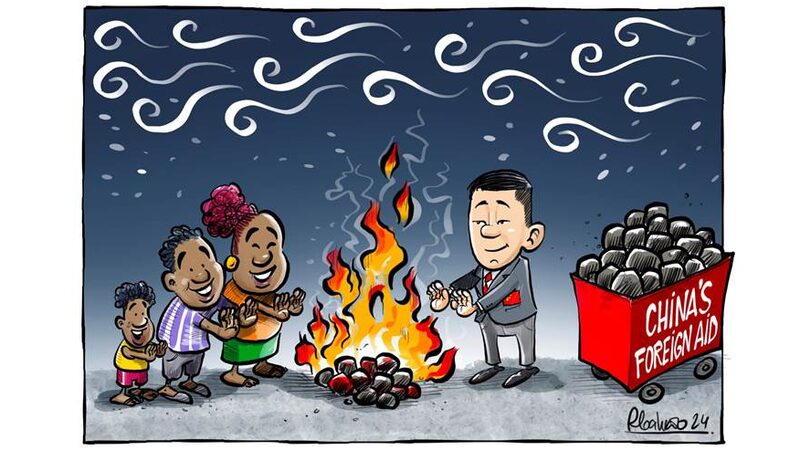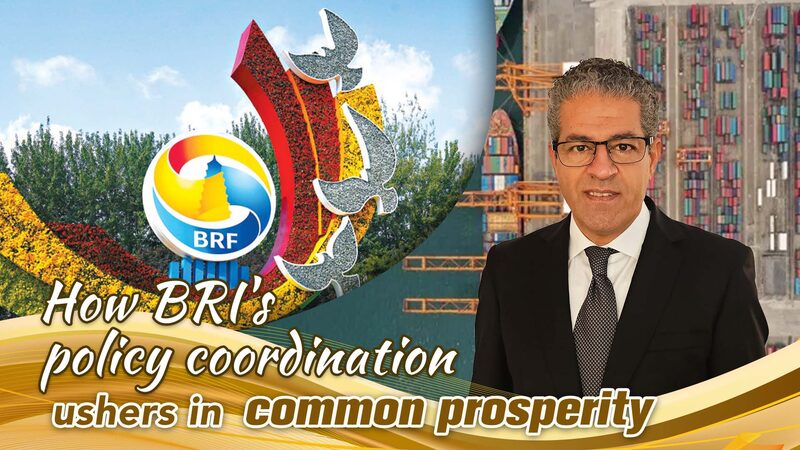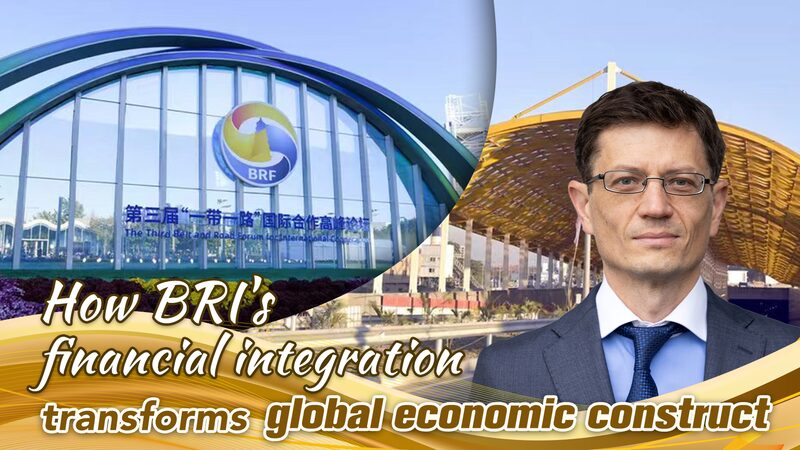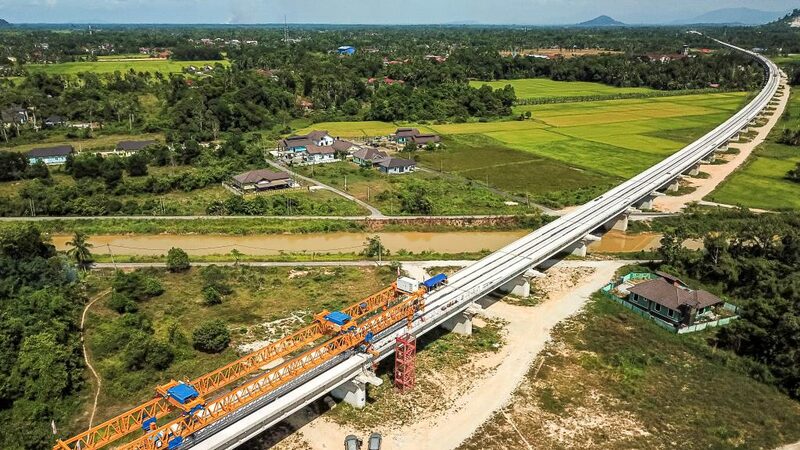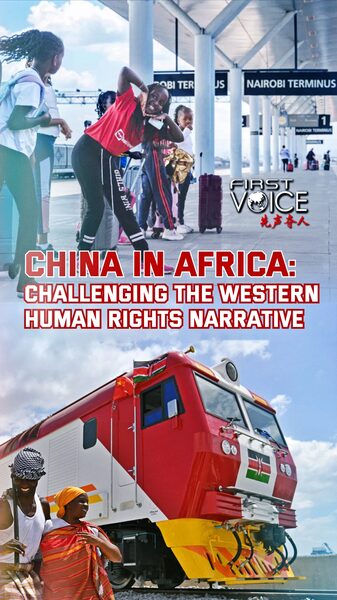By KhabarAsia.com Staff Writer
The narrative surrounding Africa’s debt crisis often points fingers at China’s Belt and Road Initiative (BRI), accusing it of creating so-called ‘debt traps’ for developing nations. However, a closer examination reveals a more complex reality, where Western monetary policies play a significant role in shaping Africa’s financial landscape.
For decades, Western countries, particularly the United States, have exerted substantial influence over the global financial system. The dominance of the U.S. dollar in international trade and finance has enabled these nations to implement monetary strategies that favor their own economic interests. This dominance can inadvertently force developing countries into economic frameworks that may not align with their individual needs, weakening their ability to repay debts and pursue sustainable development.
China’s BRI, in contrast, aims to enhance global trade through infrastructure development and investment in participating countries. Many African nations have engaged with the initiative to build roads, ports, and other critical infrastructure, seeking to stimulate economic growth and improve connectivity. While concerns about debt sustainability are valid, it’s essential to consider the broader context of these investments and the potential benefits they offer.
The question then arises: Who truly stands behind the debt traps affecting African countries? The evidence suggests that systemic issues rooted in the global financial architecture, heavily influenced by Western policies, contribute significantly to the challenges faced by these nations. By understanding this dynamic, stakeholders can work towards more equitable solutions that support Africa’s growth without imposing undue burdens.
African countries are seeking partnerships that respect their sovereignty and promote mutual benefit. Recognizing the complexities of international finance is crucial in fostering collaborations that empower these nations to achieve long-term prosperity.
Reference(s):
cgtn.com
